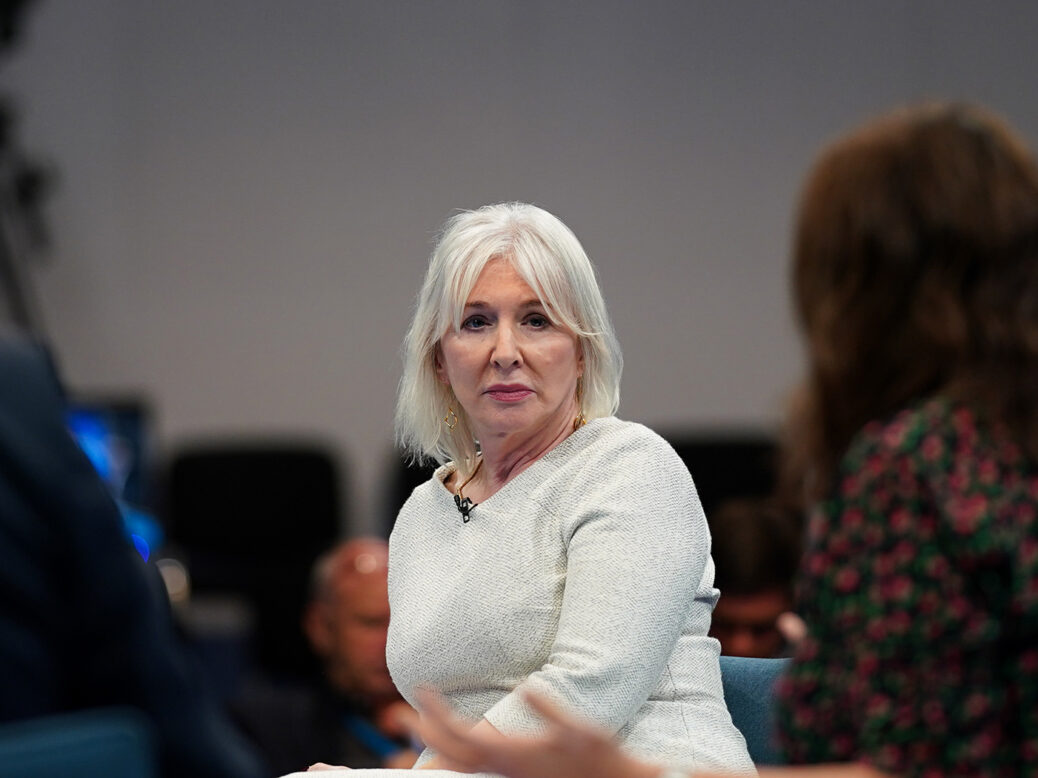
The minister responsible for fundamental changes to the regulation of the internet reportedly once asked Microsoft in a meeting whether the company was going to get rid of algorithms. That minister, the Culture Secretary Nadine Dorries, will unveil the latest version of the Online Safety Bill on 17 March.
Like many bills currently making their way through parliament, this is a mammoth piece of legislation. It imposes a duty of care on tech companies to protect users from harmful content, from bullying to pornography. If companies fail in this duty of care, they will be fined – in some cases, very significant amounts.
But the issue causing most resistance to the bill concerns freedom of speech. The senior Tory backbencher David Davis has called it a “censor’s charter” and criticised the bill’s requirement that companies remove nebulously defined “legal but harmful” content. Mark Johnson, from the think tank Big Brother Watch, told me the bill is “one of the most damaging pieces of legislation to freedom of expression in living memory”, and thinks Dorries’s comments “in recent days have only deepened our concern”, pointing to her continued commitment to the “legal but harmful” section in the new version of the bill.
In other areas of policy, the Culture Secretary presents herself as a champion of free speech and will hope that the new version of the bill protects that image. Her argument is that the status quo, where “a handful of West Coast execs are the supreme arbiters of online speech”, cannot be maintained. She has pledged that journalists would have an “expedited right to appeal” if their content is removed under the proposed rules, and promised extra protection for what she calls “democratic content” such as comments about an MP during an election.
In any case, the version of the bill that will be announced is not what will become law. The government has been working on this for years, and its wide remit and contested purview mean it’s likely to face a difficult passage through parliament. Indeed, the chair of the Digital, Culture, Media and Sport Select Committee, Julian Knight, told me he knew many MPs and peers who want to “further improve this bill”.
“I would think this will be a bill which will have many, many amendments put on it over time,” he said. “So I don’t think we’re anywhere near the finished article, yet.”






